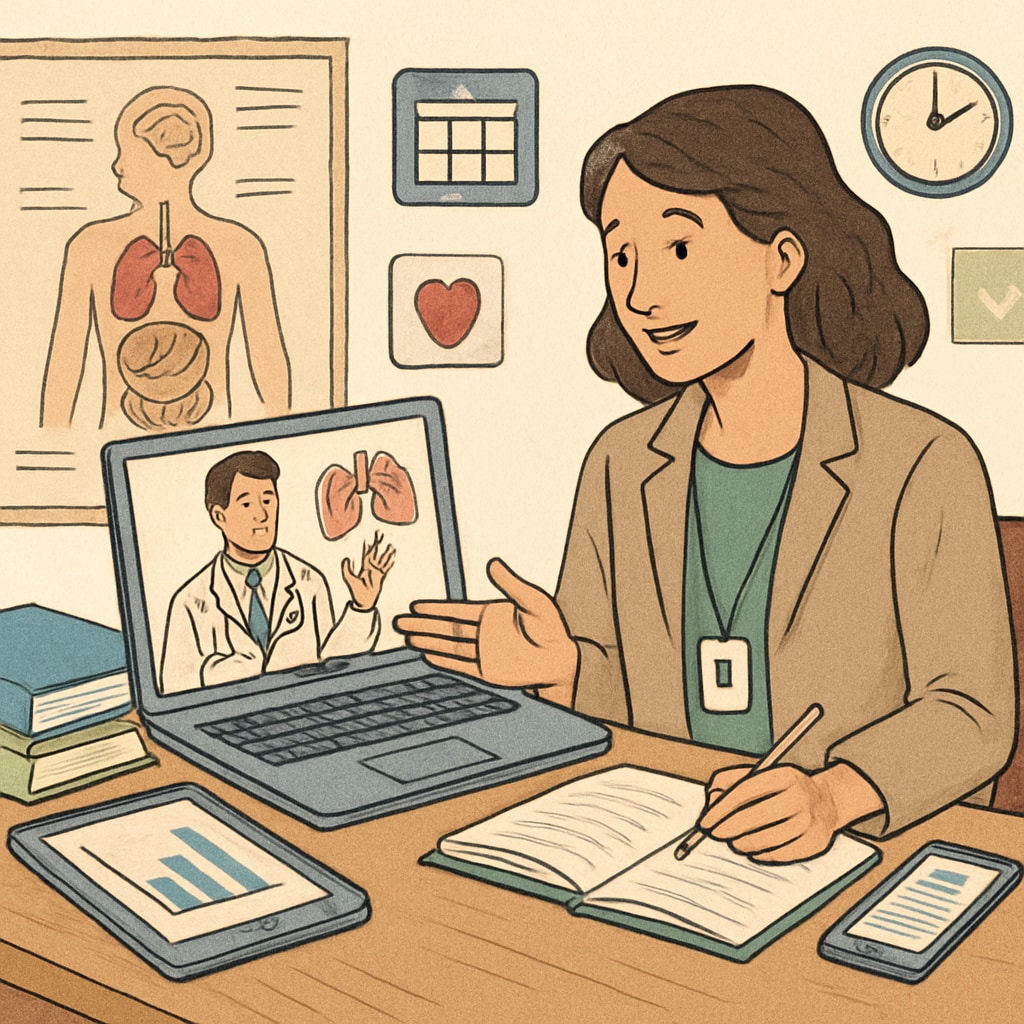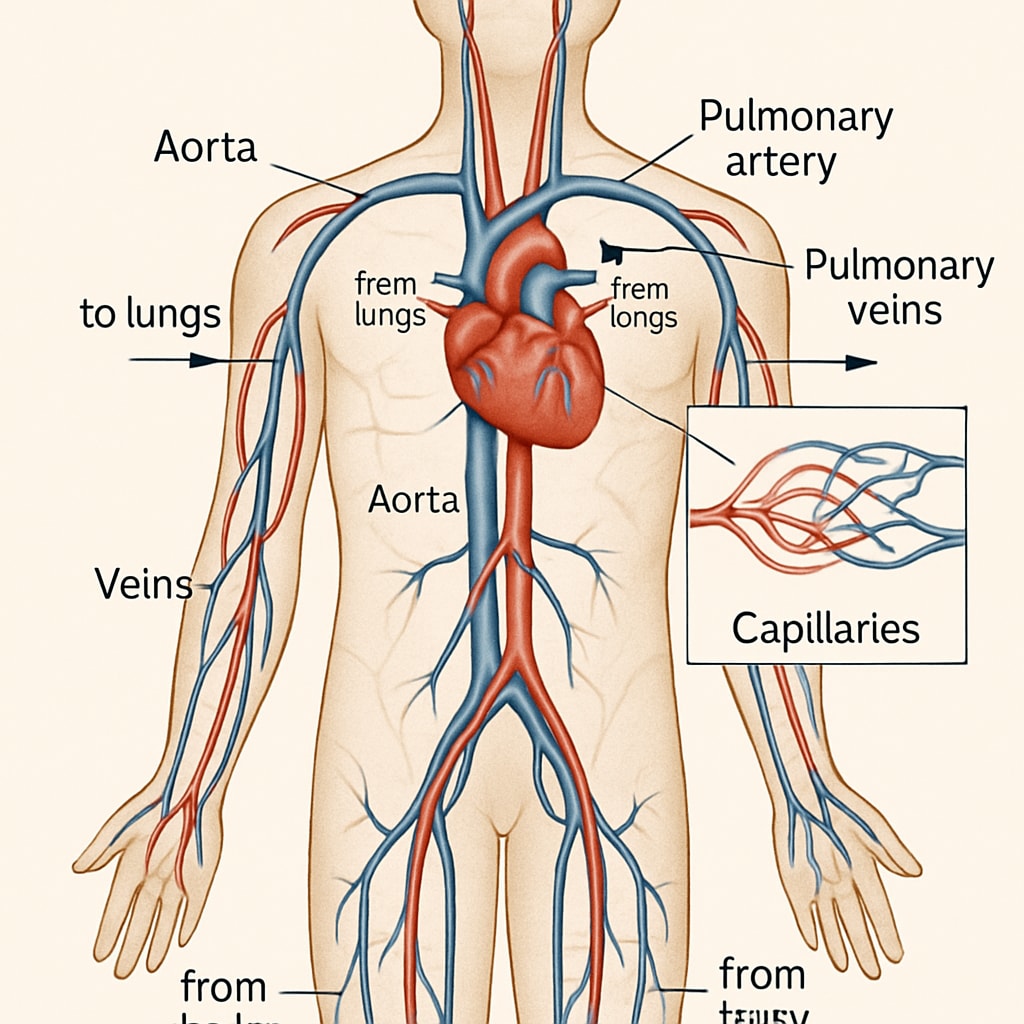Acquiring specialized medical knowledge can be a daunting task for non-medical professionals, especially K12 educators. The challenge often lies in finding educational resources that are neither “too advanced” nor “too basic.” For educators seeking to integrate medical concepts into their teaching or simply expand their knowledge, understanding the right strategies and platforms is crucial. This article provides actionable advice on navigating medical education, overcoming common barriers, and leveraging online courses to achieve learning goals.
Understanding the Unique Challenges
For K12 educators, the intersection of a non-medical background and the complexity of medical education presents unique obstacles. Medical content often falls into two extremes: overly technical material designed for healthcare professionals, or overly simplified content that lacks depth. Educators need resources that strike a balance, offering comprehensive yet accessible learning experiences.
For example, educators may find themselves overwhelmed by medical jargon or concepts like “anatomical terminology” and “pathophysiology.” Meanwhile, resources designed for beginners might omit critical details needed for accurate teaching. To bridge this gap, educators must identify resources tailored to their needs.

Practical Strategies for Learning Medical Concepts
To effectively learn medical concepts as a non-medical professional, educators can adopt several strategies:
- Start with Foundational Knowledge: Begin by studying basic anatomy and physiology to build a strong foundation. Resources like Anatomy on Wikipedia provide accessible introductions.
- Leverage Online Courses: Platforms such as Coursera, Udemy, and Khan Academy offer medical courses specifically designed for non-medical learners. Look for courses labeled “beginner-friendly” or “introductory.”
- Use Visual Aids: Diagrams, videos, and interactive tools can simplify complex concepts. For example, Britannica’s physiology section includes detailed visuals to enhance understanding.
- Engage in Peer Learning: Join forums or discussion groups where educators share insights and resources. Platforms like Reddit and LinkedIn host communities focused on professional development.
By combining these strategies, educators can overcome common learning barriers and gain confidence in their medical knowledge.

Top Online Resources for Medical Education
Online platforms have revolutionized access to specialized knowledge, offering flexible and affordable learning opportunities. Here are some of the best options for K12 educators:
- Coursera: Offers courses like “Introduction to Human Physiology,” taught by university professors.
- Khan Academy: Provides free resources covering biology and medical concepts in an easy-to-understand format.
- EdX: Features professional-grade medical courses with options for certification.
- MedlinePlus: A reliable source for health information and medical terminology.
These platforms cater to varying levels of expertise, allowing educators to customize their learning journey based on their goals and prior knowledge.
How to Build a Learning Framework
To maximize the benefits of medical education, educators should develop a structured learning framework:
- Set Clear Objectives: Define what you want to achieve, such as understanding a specific system of the body or mastering medical terminology.
- Allocate Time: Dedicate regular study periods to ensure consistent progress.
- Assess Progress: Use quizzes, assignments, or self-tests to evaluate your understanding.
- Seek Feedback: Collaborate with peers or mentors to refine your approach.
This framework encourages disciplined learning and helps educators stay focused while navigating complex topics.
Conclusion: Empowering Educators Through Knowledge
Acquiring medical knowledge as a non-medical professional may seem challenging, but with the right resources and strategies, K12 educators can bridge the gap. By leveraging online platforms, visual aids, and structured learning frameworks, educators can confidently explore medical concepts and enhance their professional development.
Whether you’re aiming to integrate medical themes into your curriculum or simply broaden your understanding, the journey begins with accessible, well-designed resources. Start today and empower yourself with the tools to make medical education meaningful and impactful.


